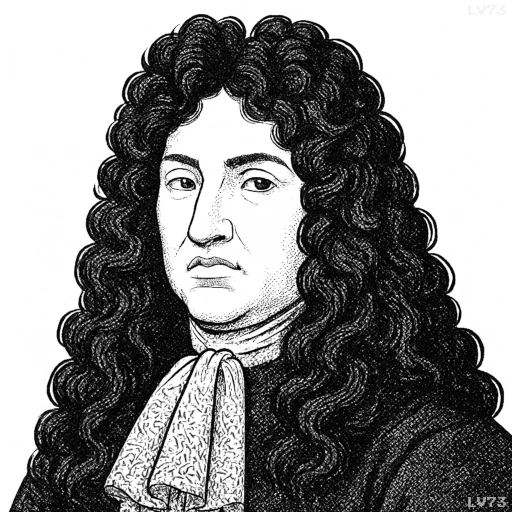“We can do all we wish while we live; afterward, we are less than the meanest.”

- September 5, 1638 – September 1, 1715
- Born in France
- King of France
table of contents
Quote
“We can do all we wish while we live; afterward, we are less than the meanest.”
Explanation
This quote from Louis XIV reflects a poignant awareness of mortality and the temporary nature of power. It emphasizes that, while alive, an individual—especially a king—has the ability to exert unlimited influence and accomplish virtually anything within their reach. However, once dead, even the most powerful ruler is reduced to a state of complete vulnerability and insignificance, less than the lowest of individuals. The quote suggests that life and authority grant the power to shape and control the world, but death strips away all that power, leaving only a physical body to decay, regardless of one’s past accomplishments or stature.
Historically, Louis XIV’s reign was marked by his absolute monarchy, where he controlled nearly every aspect of French life. His court at Versailles was a symbol of royal power, and his authority was unquestioned during his lifetime. The quote reveals Louis’s recognition that death diminishes everyone, no matter how powerful or influential they were during their life. As an absolute monarch, Louis had the resources and authority to shape the future of France, but he understood that once he died, the state would continue without him. It also speaks to the humility that comes with the realization that no one—not even the king—can escape the inevitable end of life, which renders all earthly achievements irrelevant.
In modern terms, this quote reflects the ephemeral nature of power and life. Whether in politics, business, or other fields of leadership, it serves as a reminder that status and wealth mean little in the face of death. It speaks to the inevitability of mortality, urging individuals to focus on legacy and values rather than material success or the desire for control. It also calls attention to the human condition—how all people, regardless of their position in life, ultimately face the same fate. This reflection can encourage leaders today to act with humility and wisdom, understanding that their influence is temporary and that true significance lies in the lasting impact they leave behind.
Would you like to share your impressions or related stories about this quote in the comments section?
